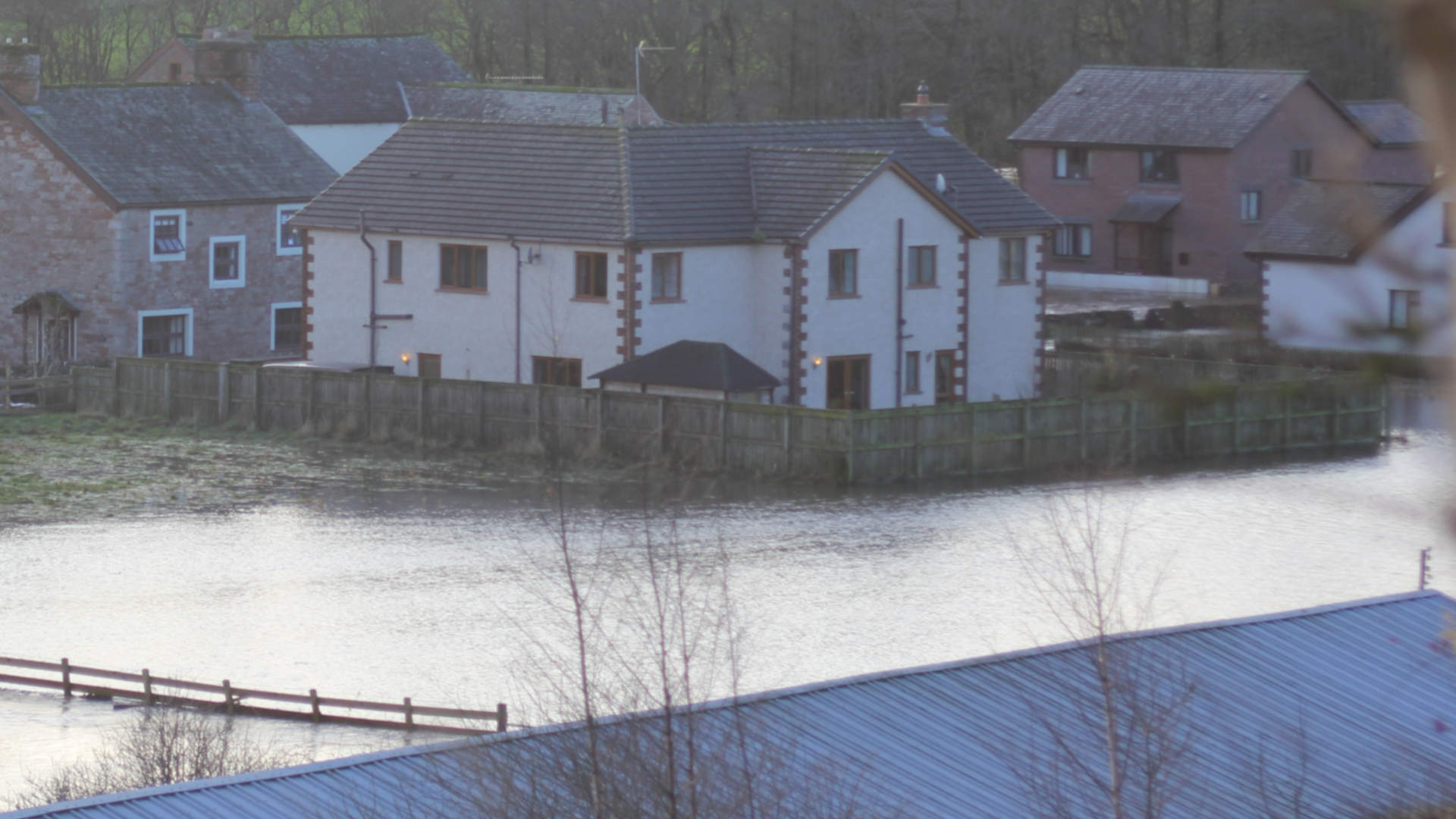The Environment Agency has called for spending of around £1 billion a year on flood adaptation, with a warning that some communities may need to move because of the risk of floods.
The story has been widely reported in the media today, as the Agency launches a new consultation on its flood strategy.
We agree with calls by Emma Howard Boyd, chair of the Environment Agency, for more funding for flood management and with the Agency’s assessment of the scale of adaptation that’s needed, but the UK must take urgent action to cut carbon emissions so that we can avoid worse impacts in the future. We must treat the causes of these changes in our climate – as well as dealing with the symptoms.
Rising sea levels are one of the symptoms of climate change, caused by global warming, and unfortunately this will get worse before it can get better. We’ve warmed our planet by 1 degree Centigrade since we started burning fossil fuels like coal, oil and gas, which gives off carbon emissions that trap the Sun’s heat. Levels of carbon emissions are still rising globally but if governments take urgent action now, we can still stop our planet warming beyond 1.5 degrees, and prevent the likely irreversible and catastrophic changes that would occur beyond that point. Even at 1.5 degrees, we know that some areas will be lost to rising seas, but we have the opportunity to protect many more communities living in coastal areas around the world.
Governments have to take unprecedented actions now – much more than they have committed to so far. Even if countries fulfil the commitments they made at the UN climate conference in Paris in 2015, the Earth will warm by 3 degrees centigrade. We cannot allow this to happen because it will mean an estimated 275 million people living in coastal areas will lose their homes to rising seas. Meanwhile, at 3 degrees of warming, other parts of the world will become uninhabitable due extremes of heat and cold, drought and flooding – not to mention the massive loss of species and the breakdown of our food systems.
We’ve already seen communities having to leave their homes in America and other countries due to rising sea levels, as featured on David Attenborough’s excellent documentary, Climate Change – The Facts, and this will continue to get worse.
We agree with Emma Howard Boyd’s statement that we “can’t win a war against water by building away climate change with infinitely high flood defences”. We must drastically and urgently cut the carbon emissions that are causing this climate emergency.
The extreme weather we are seeing here in the UK – including the flooding that has had such a devastating impact in Cumbria – is forty times more likely in today’s warmer world than it would have been before we started burning fossil fuels like oil, coal and gas – the main source of the carbon emissions that are warming our planet.
What CAfS has been doing to help Cumbria adapt for climate change – and to tackle the causes
CAfS has been helping local people to make their homes more resilient to flooding and to reduce their emissions through the Rebuilding Together programme. It’s funded by the National Lottery Community Fund, in partnership with Cumbria CVS and ACTion with Communities in Cumbria. It is essential that national efforts to protect against climate impacts take the same approach and also seek to reduce emissions.
We’re also showing people the steps they can take to make their homes cope better with flooding while also using less energy, by sharing video diaries and other films from a house renovation in Appleby, thanks to support from Historic England. This terraced house at 33a Chapel Street has previously flooded but it’s being transformed into a warm, dry home.
We’ve been supporting many communities that want to respond to the feeling of helplessness and frustration about flooding by running climate change mitigation projects, as well as training professionals like architects and builders on how to refurbish for energy efficiency and flood resilience.
CAfS has been supporting people to make their homes and other buildings more energy efficient for more than twenty years. Our Cumbria Green Build and Sustainable Living Festival features a month of events every September, along with training courses, workshops and activities all year round.
As Cumbria’s leading organisation for carbon emission reduction, we are supporting local authorities, businesses and communities to move towards a zero carbon Cumbria, helping to bring the county’s leaders together to drive real change.
Find out more about climate change
Our online sustainable living guide is packed with tips for reducing our carbon footprint and cutting energy use at home.
There’s a chance to find out more and discuss climate change at the ClimateKeys event in Carlisle on 18 May. CAfS chief executive Hazel Graham will be among the speakers, with more details available from the Carlisle One World Centre.

